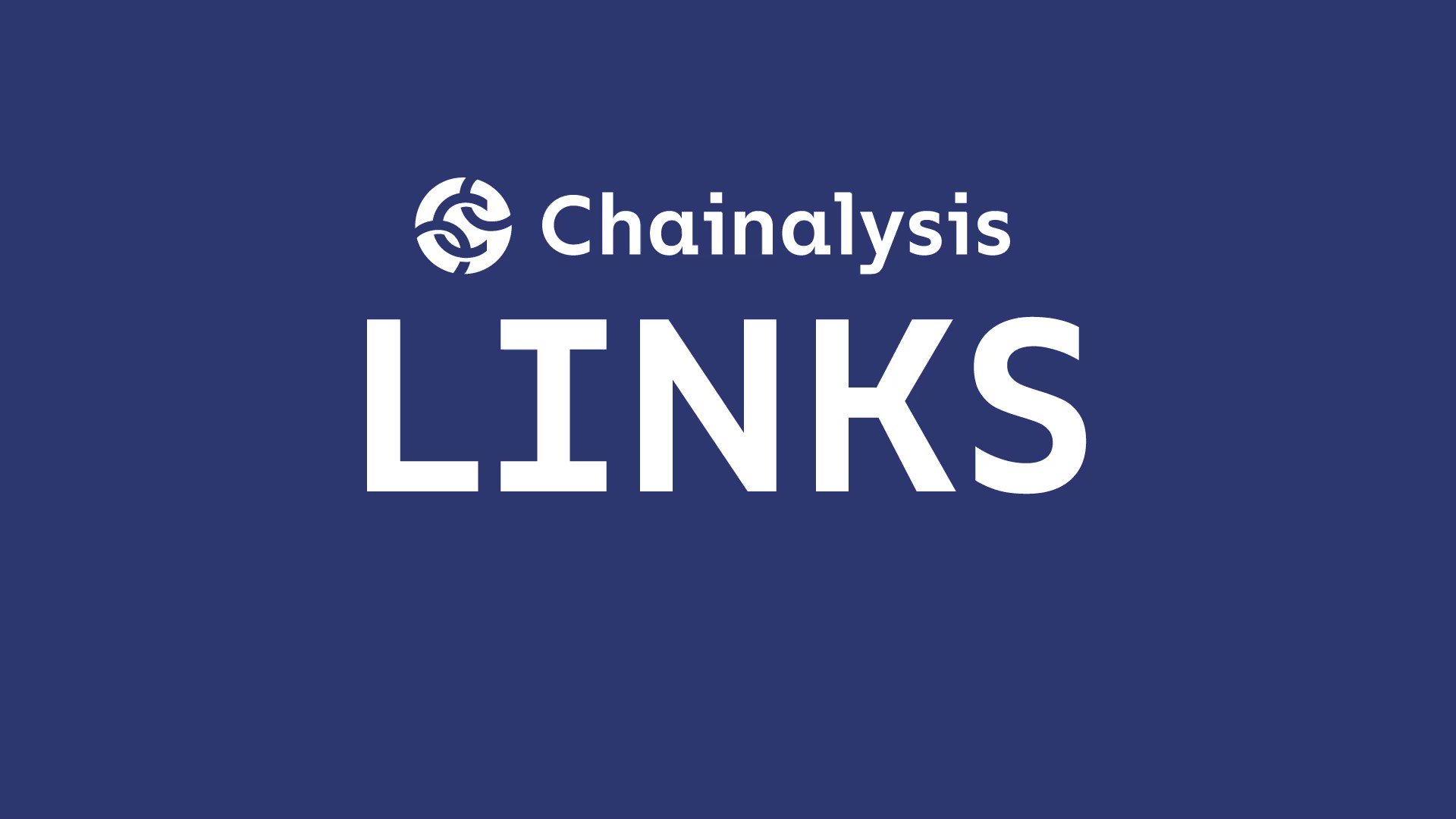Joint Effort: South Sudan And US To Manage Deportees' Return

Table of Contents
The Scale of the Challenge: Understanding Deportees from South Sudan to the US
The number of South Sudanese deportees from the US represents a significant humanitarian challenge. While precise annual figures fluctuate, consistent data from both governments is crucial for effective planning and resource allocation. The reasons for deportation are varied, encompassing both immigration violations and criminal offenses. Understanding this breakdown is vital for tailoring effective reintegration strategies.
- Number of deportations annually: While exact figures are not consistently publicly released by either government, reports suggest a significant number of deportations each year, varying depending on US immigration enforcement policies and legal processes. Further transparency in this data is necessary.
- Breakdown of deportation reasons (immigration vs. criminal): A substantial portion of deportations stems from immigration violations, such as visa overstays or illegal entry. However, a considerable number also involve individuals convicted of criminal offenses in the US. This requires different approaches to reintegration.
- Demographic profile of deportees (age, gender, origin within South Sudan): The demographic profile of deportees is diverse, encompassing various age groups, genders, and origins from different regions within South Sudan. This diversity necessitates targeted interventions to address specific needs and vulnerabilities. This data is crucial for effective South Sudan repatriation efforts. Further research into this area is needed. Related keywords: South Sudan repatriation, US deportation South Sudan, South Sudanese immigrants.
The Joint Effort: Cooperation between South Sudan and the US Governments
Managing the return of South Sudanese deportees necessitates strong cooperation between the governments of South Sudan and the United States. This involves formal agreements, information sharing, and coordinated logistical support. While the specifics of these agreements may not be publicly available in their entirety for reasons of national security and diplomatic sensitivity, the general framework of cooperation is clear.
- Specific agreements or memoranda of understanding: Formal agreements outline the roles and responsibilities of each government in the repatriation process. This includes defining procedures for identifying, processing, and transporting deportees.
- Financial assistance from the US: The US government may provide financial assistance to support the reintegration process in South Sudan, though the exact amount and allocation remain largely undisclosed publicly. This may involve funding for programs addressing reintegration challenges.
- Logistical support provided by South Sudan (e.g., transportation, reception centers): South Sudan provides logistical support, including transportation from points of entry and the establishment of reception centers offering immediate assistance to returning nationals. The capacity and effectiveness of these centers remain a key area of concern.
- Information sharing between governments: Effective information sharing is essential for efficient processing, identification, and tracking of deportees. This includes sharing data on the individuals being deported and their background. Related keywords: US-South Sudan cooperation, bilateral agreement deportation.
Challenges in Managing the Return of Deportees
The repatriation of South Sudanese deportees is fraught with challenges impacting both the deportees themselves and the stability of South Sudan.
- Security concerns (e.g., potential conflict zones): The ongoing instability and conflict in parts of South Sudan pose security risks to returning deportees, who may be vulnerable in areas of active conflict.
- Reintegration challenges (e.g., lack of jobs, housing, social support): Many deportees face significant reintegration challenges, including unemployment, lack of housing, limited access to healthcare, and inadequate social support networks.
- Difficulties in verifying identities: Verifying the identities of deportees can be challenging, particularly in the absence of comprehensive documentation.
- Logistical hurdles (e.g., transportation costs, infrastructure limitations): South Sudan’s limited infrastructure, particularly in remote areas, poses logistical hurdles in transporting and supporting returning deportees.
- Financial constraints faced by South Sudan: South Sudan's limited financial resources constrain its capacity to adequately support the reintegration process. Related keywords: South Sudan reintegration, repatriation challenges, humanitarian aid.
Solutions and Best Practices for Successful Reintegration
Addressing the challenges requires a multi-pronged approach focusing on both pre- and post-arrival support.
- Pre-departure orientation and preparation programs: Pre-departure orientation programs can help prepare deportees for their return, providing information about available resources and support services.
- Post-arrival support services (e.g., job training, psychosocial support): Post-arrival support is crucial, including job training, psychosocial support to address trauma, and assistance in accessing essential services like healthcare and housing.
- Community-based reintegration programs: Engaging local communities in the reintegration process can foster social inclusion and reduce stigma.
- International aid organizations' involvement: International organizations can play a vital role in providing financial and technical assistance for reintegration programs.
- Improved data sharing and coordination between stakeholders: Strengthening data sharing and coordination between governments, international organizations, and local stakeholders is crucial for optimizing resource allocation and ensuring effective support. Related keywords: South Sudan development, reintegration programs, humanitarian assistance.
Conclusion
The joint effort between South Sudan and the US to manage the return of deportees is crucial for successful reintegration and sustainable development. Addressing the challenges outlined above through collaborative strategies, improved data sharing, and robust reintegration programs is essential. Further cooperation and commitment from both governments, along with the support of international organizations, are needed to ensure a smooth and dignified return for South Sudanese deportees. To stay informed about the latest developments in this critical initiative, continue following news about South Sudan deportation processes and related initiatives.

Featured Posts
-
 Harvard Faces 1 Billion Funding Cut Under Trump Administration
Apr 22, 2025
Harvard Faces 1 Billion Funding Cut Under Trump Administration
Apr 22, 2025 -
 Karen Read Murder Trials A Complete Timeline
Apr 22, 2025
Karen Read Murder Trials A Complete Timeline
Apr 22, 2025 -
 Rallying Against Trump Protester Sentiment Across The Us
Apr 22, 2025
Rallying Against Trump Protester Sentiment Across The Us
Apr 22, 2025 -
 Chainalysis Expands Ai Capabilities With Alterya Acquisition
Apr 22, 2025
Chainalysis Expands Ai Capabilities With Alterya Acquisition
Apr 22, 2025 -
 Razer Blade 16 2025 Ultra Thin Ultra Powerful Ultra Expensive A Deep Dive Review
Apr 22, 2025
Razer Blade 16 2025 Ultra Thin Ultra Powerful Ultra Expensive A Deep Dive Review
Apr 22, 2025
